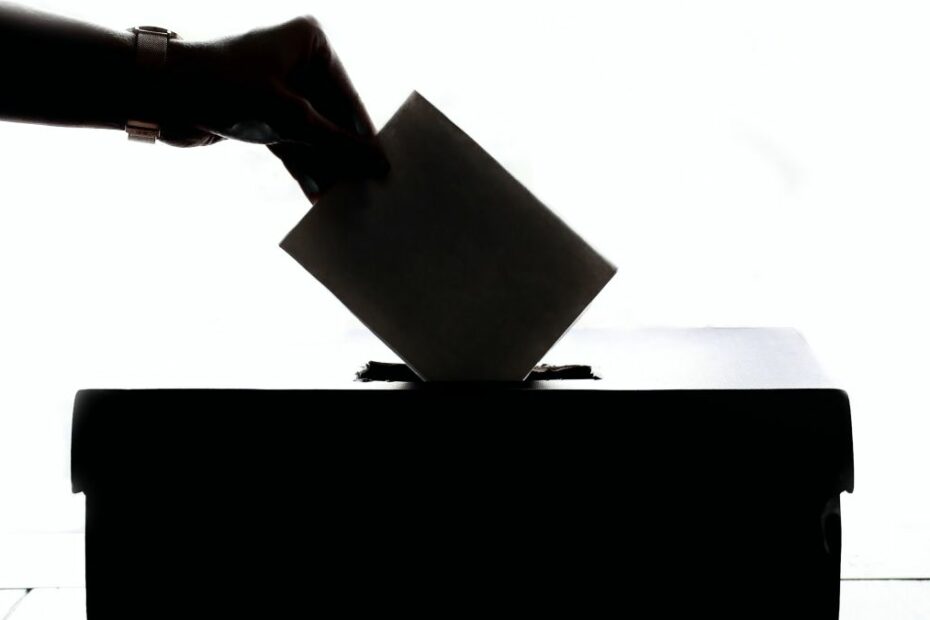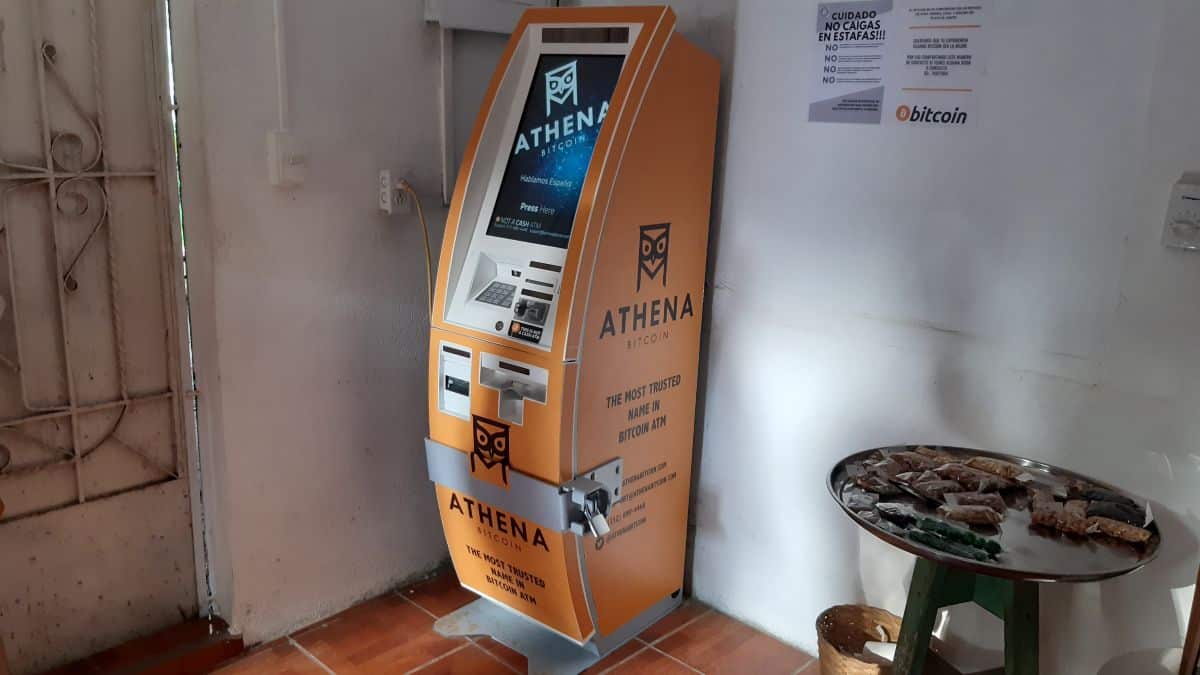A quick look at the 2024 elections in Central America, as El Salvador and Panama go to the polls in February and May respectively.
2024 is a big election year around the world. There are general elections in South Africa, Canada, Mexico, the United States, India, Indonesia, the UK, and over 50 others. Big countries facing big decisions. Here in Central America, we’re also voting in 2024, with two countries hosting presidential elections. El Salvador and Panama both go to the the polls to decide on their presidents for the next five years. Below, we take a look at the upcoming elections in both countries.
🗳️ 2024 is here. And this year, voters are going to the polls across Latin America.
Want to know about presidential races in the Dominican Republic, El Salvador, Mexico, Panama, Uruguay, the United States, and Venezuela?
Read our preview: https://t.co/xAx1VlnkTp
— Americas Society/Council of the Americas (@ASCOA) January 5, 2024
El Salvador Elections (February 4, 2024)
Honestly, there’s not a great deal to see here. Well, there is and there isn’t. If you’re expecting a surprise result in February’s El Salvador election, you’ll be disappointed. The incumbent candidate, Nayib Bukele, will win by a landslide. That’s an absolute given. He’s one of the most popular leaders on the planet with nigh-on continuous approval ratings of over 90% since taking office in 2019. While we’re not saying it’s impossible Bukele will lose this election, it’s extremely unlikely.
So results-wise, there’s not much to see. Bukele will trounce the despised old-guard parties of FMLN and ARENA and win with ease. He’ll also take the legislature. What might be interesting is to see how Bukele running for reelection as an incumbent in the first place affects things. Will this put off voters at all, worried about a power grab and potential dictatorship?
Between democracy and authoritarianism in El Salvador: The political landscape going Into the 2024 elections. https://t.co/so4GYrsxUG .@El_SalvadorINFO @unamujerdecente @globalvoices
— Galdy (@GaldyINFO) December 13, 2023
Running for a second consecutive term
In 2021, the Bukele-friendly Supreme Court of Justice in El Salvador ruled that Bukele could run for re-election, overturning the status quo which allowed presidents to only serve one term at a time. This is common throughout Latin America. The ruling was criticized at the time by opposition groups and also the United States, who said it was a threat to democracy. It also came off as a U-turn by Bukele himself, who had always opposed the re-election of presidents.
But in September 2022, when he announced his intention to run again, Bukele said that most developed countries allow their heads of state to seek re-election and these countries are hypocritical to criticize – a nod to the United States. He cited 39 countries allowing it and publicly wondered why only Third World countries are prohibited.
So that’s where we are. Despite Bukele making good points about the hypocrisy of developed countries criticizing him seeking re-election, the fact remains that he has appointed the judges that made the ruling to allow this. That feels a lot like Ortega, the Nicaraguan dictator, who essentially did the same thing. And if he wins, will he go for a third tern in 2029? Most people think he will, although he’s denied it. We’ll see.
In the meantime, re-election controversy aside, Bukele remains popular. While the cost of living has risen and lots of Salvadorans are feeling the pinch, the fact remains that his gang crackdown has reduced violent crime and people feel safer. That’s bound to sweep him into his second term next month without the need of a runoff.
Panama Elections (May 5, 2024)
The Panamanian general election, set for May 5, has no constitution-amending re-election of incumbent antics going on. The current president, Nito Cortizo, will finish his term and sail off, leaving Panamanians feeling like they often do – sick and tired of their government, politicians, and political system. This resentment exploded into widespread protests and blockades at the end of last year against the renewal of a copper mining contract, which came to be a symbol of political corruption in general.
It’s against this backdrop that Panama prepares to go to the polls. And while Cortizo can’t run again (and he’d lose if he did), Panama does allow former presidents to seek re-election after two terms out of office. So this time, we’re seeing two of them make a comeback.
In a world gone crazy, it’s easy to not have the bandwidth to keep up with everything that’s happening right now, including in our own region. Here’s a quick overview of the protests that are currently engulfing Panama.https://t.co/Y0bMyVefqq
— Central America Living (@VidaAmerica) October 28, 2023
Two ex-presidents vying for power again
Ricardo Martinelli, president from 2009 to 2014 is a leading candidate focusing on business and security. He’s also tied up with a bunch of corruption allegations and was recently sentenced to 10-years in prison for money laundering. He’s running for president while appealing this sentence, although if he won the election, he’d gain immunity from prison. Despite all this, Martinelli is leading in the polls. Another former president running in 2024 is Martin Torrijos, son of former dictator Omar Torrijos. He held office from 2004 to 2009 and was actually quite a popular president, although this time he’s low in the polls.
Unlike El Salvador, there is no run off in Panama. That means whoever gets the highest percent of votes wins the election, even if its less than half the electorate. In 2004, Torrijos won with 47% of the vote and current president Cortizo won with just 33% in 2019. This goes some way to explain the perennial unpopularity of so many Panamanian politicians.
Why are these elections important?
These elections are obviously important for the people of El Salvador and Panama. One country has a popular yet controversial leader running for re-election against the constitution, while the other election comes amid deep government mistrust and apathy. Outsiders will watch to see how Nayib Bukele continues to consolidate power in El Salvador and if he’s going to become an Ortega-like figure in the future. He’s popular now, sure. But dictators who don’t leave always become unpopular. Two terms might be fine. But three? Or four? Or five?
Panama is always important to the outside world because of the Panama Canal. The Canal facilitates the movement of billions of dollars worth of goods each year. Panamanian instability could have cascading effects on global supply chains, impacting industries and consumers worldwide.
And then there’s growing Chinese influence
Both El Salvador and Panama have established diplomatic ties with China, at the expense of Taiwan. And both countries have benefitted from doing so. In Panama, China is the second-most important user of the Canal and the main supplier of good for the Colón Free Trade Zone, while El Salvador benefits from infrastructure projects and development aid. The status quo will continue in both countries, we assume.
Whatever happens during the 2024 elections in Central America, we hope they’re smooth, peaceful, and the winners – whether new or returning presidents – do the best for the people who put them in office.
James Dyde is the editor of centralamerica.com. He lives in Escazu, Costa Rica.




